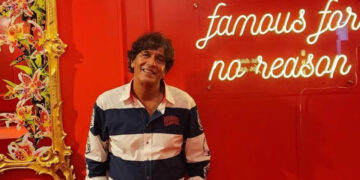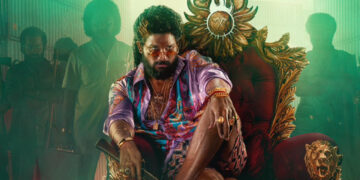Bollywood’s dancing sensation Nora Fatehi recently found herself at the center of a disturbing digital controversy. A deepfake video, masterfully crafted to mimic her voice and body language, emerged online, promoting a fashion brand. This video, shockingly realistic, went viral in no time, leaving fans and the actress herself stunned.
In a quick response, Fatehi turned to her Instagram stories, clarifying that the person in the viral clip was not her. Her reaction not only set the record straight but also cast a glaring spotlight on the alarming rise of deepfake technology and its potential for misuse. Deepfake videos, which use AI to create hyper-realistic but entirely fake content, are becoming a new battleground for celebrities fighting to protect their image.
This incident involving Fatehi is not an isolated case. It adds to a growing list of celebrities, including Rashmika Mandanna, Katrina Kaif, Alia Bhatt, Kajol, and Priyanka Chopra, who have been targets of similar deepfake scams. These instances underscore a worrying trend where public figures can be convincingly and maliciously impersonated, leading to misinformation and potential harm to their reputation.
The incident raises critical questions about the ethics and control of deepfake technology. While it offers groundbreaking possibilities in entertainment and media, its potential for abuse cannot be overlooked. Celebrities and the general public alike are now more vulnerable to being misrepresented and defamed through technology that blurs the line between reality and fabrication.
Nora Fatehi’s experience is a wake-up call to the entertainment industry and tech communities to address the challenges posed by deepfake technology. It highlights the need for increased awareness, stronger digital safeguards, and perhaps, legal frameworks to combat the misuse of this advancing technology.
For more on how celebrities are navigating this new digital reality and the latest updates in the entertainment world, stay tuned to www.climaxahh.com!






















